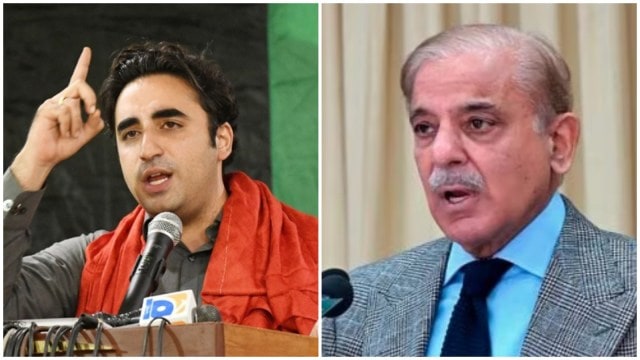The two sides have not had High Commissioners in each other’s capitals since 2019 after Pakistan recalled its envoy from New Delhi following the abrogation, on August 5 that year, of Article 370 that granted special status to Jammu and Kashmir.

Islamabad’s first step in this new engagement came earlier this week when it sent Saad Ahmad Warraich as the new Charge d’Affaires (CDA) at the Pakistan High Commission in New Delhi for a three-year term. Pakistan had a temporary CDA, as Aizaz Khan was holding fort for the last six months. His predecessor, Salman Sharif, left India in July last year.
Story continues below this ad
Warraich, who assumed responsibilities as CDA on February 26, has served as Islamabad’s diplomat at the Permanent Mission to the UN in New York. He has also worked as the Director General of the Afghanistan, Iran and Turkey desk in the Pakistan Foreign Ministry.
The second step, which sends both a symbolic and substantive public message, is Pakistan’s decision to hold its National Day celebrations in New Delhi, for the first time since 2019 — suspended in the two Covid years and the diplomatic chill.
The Pakistan National Day is observed on March 23 — the day Lahore Resolution was adopted in 1940 by the Muslim League for creation of an independent country for Muslims — and the Pakistan High Commission usually celebrates it in its embassy complex. On the guest list are members of the Indian strategic community and the foreign diplomatic corps in the capital.
This year, The Indian Express has learnt that plans are being drawn to celebrate it on March 28.
Story continues below this ad
If this happens, the Pakistan High Commission will have to work with Delhi police’s diplomatic security and protocol divisions in the Ministry of External Affairs. The last time Pakistan celebrated its National Day was in the shadow of the Pulwama attacks and the Balakot aerial strikes, when then High Commissioner Sohail Mahmood had hosted the event.
Incidentally, in previous years before 2019, many Indian guests visiting Pakistan High Commission for its National Day celebrations have been questioned by the local police. Similar treatment was meted out to Pakistan’s guests when the Indian High Commission invited them for an Iftar at an Islamabad hotel.
These two steps, of Pakistan sending its CDA and planning to hold its National Day function, are being seen as a signal by the Pakistan establishment towards engaging with New Delhi, after five years of downgraded diplomatic ties.
From New Delhi’s perspective, India is in election mode and there’s no hurry to respond to these gestures, at least until May this year, when the poll outcome becomes clear. New Delhi’s line of “terror and talks don’t go together” means that it has so far adopted a doctrine of indifference towards Pakistan in the last five years.
Story continues below this ad
ExplainedWait & watch until May
india will wait until mid-May for the LS polls to end. This gives it space to assess the Sharif-Zardari government, backed by the Army and facing questions of legitimacy. Pak’s commitment to tackling terror will also shape the next steps.
Pushing the issue until May, sources said, also gives New Delhi “diplomatic space and time” to assess the fallout of the Pakistan electoral process.
Earlier this month, in an election marred by controversy and accusations of rigging, the PML-N (75 seats) and PPP (54) agreed to form a coalition government while candidates backed by jailed former Prime Minister Imran Khan gained the most (93) seats in the National Assembly with a total of 266 elected seats. Khan has alleged that the new government, led by Nawaz Sharif’s brother Shehbaz Sharif, who is set to be sworn in Monday as the Prime Minister, is a breach of the people’s mandate.
Sources said by end May, when the Lok Sabha results would have come in, New Delhi will have a “full measure of the stability and vision” of the new military-backed civilian dispensation. That, together with a lowering of anti-India rhetoric, especially on Kashmir, and a terror-free atmosphere along the LoC, and anywhere in India, will also determine Delhi’s next steps, sources said. “It doesn’t exactly matter what low-key or low-risk steps they are taking, what matters to us is what’s in it for us,” an official told The Indian Express.









